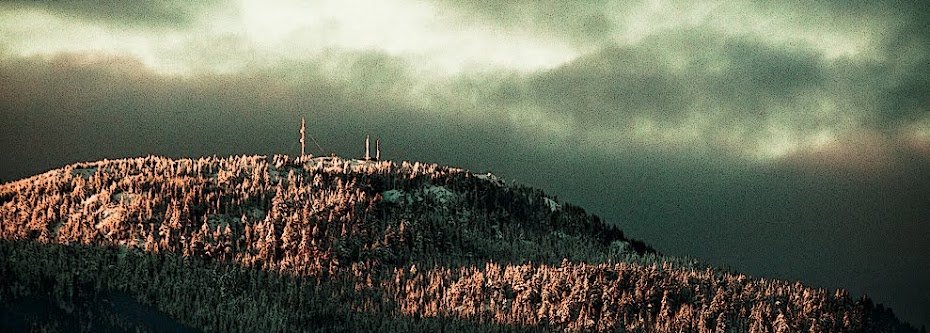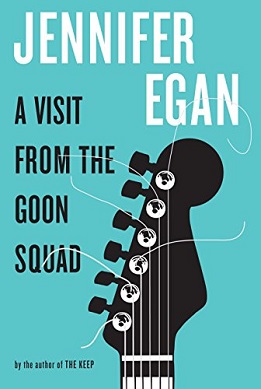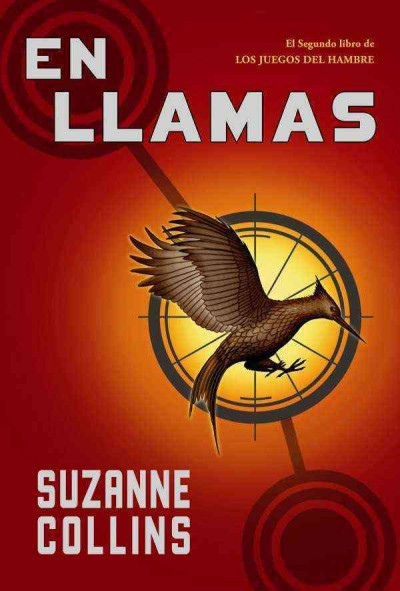The Prince In Waiting (1970)
Beyond The Burning Lands (1971)
The Sword Of The Spirits (1972)
I finally ran across some copies of this John Christopher YA trilogy (I seem to be surrounded by trilogies this year).
I had, of course, read The Tripods the science fiction series about invaders that enslave the worlds children. This series again has an apocalyptic undercurrent but is placed much more firmly in the fantasy world.
The world is England well after the apocalypse. The record is vague but before man destroyed themselves in war the earth itself destroyed most humankind with natural disasters. Now, hundreds of years later society exists feudally with various city-states existing independently. Each city has a Prince and below him a number of martial Captains. Common non-mutated people make up the bulk of the population but below them are Dwarves who are respected craftsmen (armorers, carpenters and the like) and then finally a servant class of people that show some mutation - so called "polymufs".
The series follow Luke, the son of a low born Captain in the City of Winchester. Through a series of events Luke's father is named Prince of Winchester and Luke the Prince in Waiting.
In the second book Luke travels across the Burning Lands (still active volcanic area) and discovers another city state where the rigid laws and rules adhered to on the other side do not apply. Technology which is shunned at home is here openly discussed and mutation not a barrier to class advancement. Luke performs a feat for the king and is promised his daughter.
The final book follows Luke as he attempts to fulfill his destiny and become the Prince of all the lands.
While I didn't find these books nearly as enjoyable as the Tripods series I think they have a sort of low key depth that would be good for young adults to read. Luke has hubris but his constant set backs tend to moderate hi from being an annoying character. The most interesting subplot involves religion. Most people are followers of the Spirits believing that there is an overarching morality. The Seers are the representatives of the Spirits yet the true purpose of the men who act as Seers is hidden to most for reasons that become apparent later in the books. Further, there are Christians in these cities but they are quite marginalized and criticized.
Altogether a nice group of books to have in the library for your young children.











